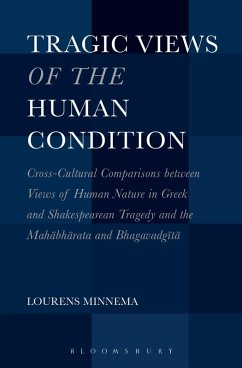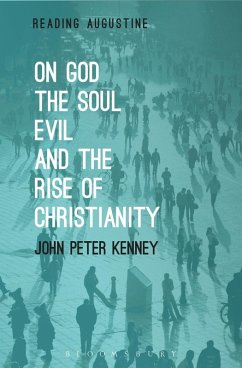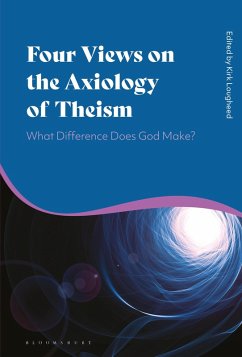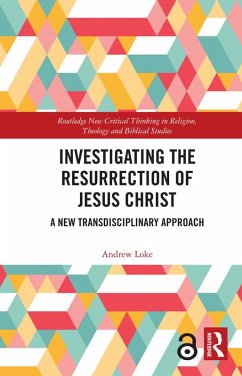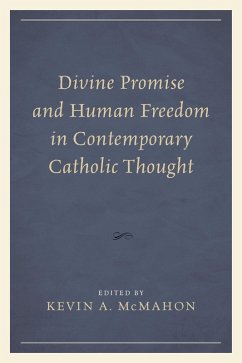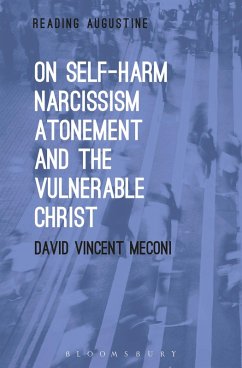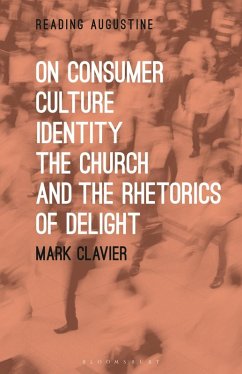
Christian Faith and Social Justice: Five Views (eBook, PDF)

PAYBACK Punkte
12 °P sammeln!
The Judeo-Christian tradition testifies to a God that cries out, demanding that justice "roll down like waters, righteousness like an ever-flowing stream" (Amos 5:24). Christians agree that being advocates for justice is critical to the Christian witness. And yet one need not look widely to see that Christians disagree about what social justice entails. What does justice have to do with healthcare reform, illegal immigration, and same-sex marriage? Should Christians support tax policies that effectively require wealthy individuals to fund programs that benefit the poor? Does justice require th...
The Judeo-Christian tradition testifies to a God that cries out, demanding that justice "roll down like waters, righteousness like an ever-flowing stream" (Amos 5:24). Christians agree that being advocates for justice is critical to the Christian witness. And yet one need not look widely to see that Christians disagree about what social justice entails. What does justice have to do with healthcare reform, illegal immigration, and same-sex marriage? Should Christians support tax policies that effectively require wealthy individuals to fund programs that benefit the poor? Does justice require that we acknowledge and address the inequalities borne out of histories of gender and ethnic exclusivity? Is the Christian vision distinct from non-Christian visions of social justice? Christians disagree over the proper answer to these questions. In short, Christians agree that justice is important but disagree about what a commitment to justice means. Christian Faith and Social Justice makes sense of the disagreements among Christians over the meaning of justice by bringing together five highly regarded Christian philosophers to introduce and defend rival perspectives on social justice in the Christian tradition. The positions advocated and critiqued are: libertarianism, political liberalism, liberation theology, feminism, and virtue ethics. While it aspires to offer a lucid introduction to these theories, the purpose of this book is more than informative. It is purposefully dialogical and is structured so that contributors are able to model for the reader reasoned exchange among philosophers who disagree about the meaning of social justice. The hope is that the reader is left with a better understanding of range of perspectives in the Christian tradition about social justice.




